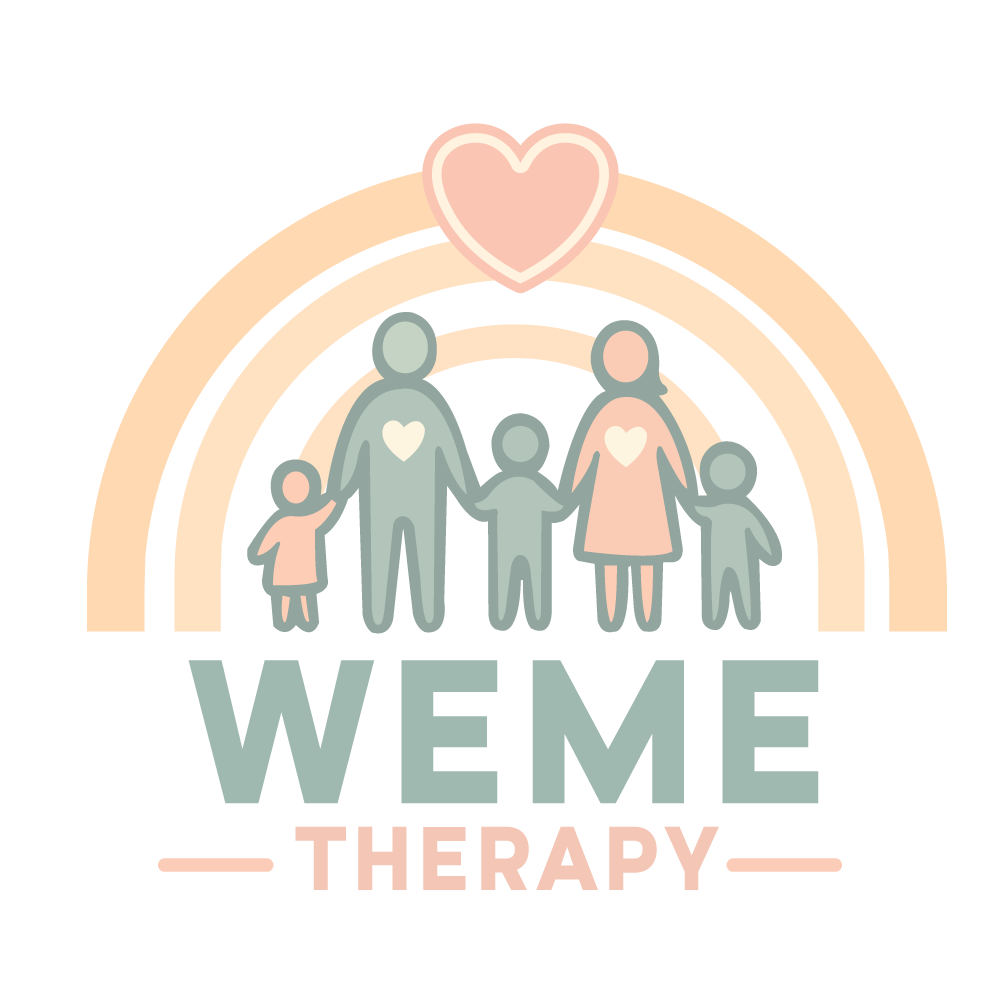Developmental Assessments
At WeMe Therapy, we offer comprehensive developmental assessments for children to evaluate progress across all key areas of growth. Our evaluations focus on social-emotional development, sensory regulation, and behavioral challenges, helping families understand how to best support their child’s unique needs. We assess cognitive, motor, language, and sensory skills through observations, play-based activities, and standardized tools. Whether your child is experiencing speech delays, emotional outbursts, sensory sensitivities, or attention difficulties, our goal is to identify both strengths and areas for support—so you can move forward with clarity, confidence, and a personalized plan.
We provide in-depth evaluations across all developmental domains, with a special concentration on:
- Social-emotional development and regulation
- Sensory regulation
- Behavioral challenges and coping strategies
Our assessments are designed to identify both strengths and areas for growth, helping families understand their child’s unique needs and how to support them effectively.
What is Developmental Assessments
Developmental assessments are evaluations used to understand a child’s growth across key areas of development. They help identify whether a child is reaching age-appropriate milestones or may need extra support. These assessments typically look at:
Cognitive skills (thinking, problem-solving)
Language and communication
Motor skills (fine and gross)
Social and emotional development
Behavior and self-regulation
Sensory processing
They can be done through observations, questionnaires, standardized tests, and play-based activities. The goal is to get a full picture of the child’s strengths and needs, so families and professionals can create the most supportive plan moving forward.
Symptoms of Developmental Assements
Speech and language delays
Limited vocabulary
Difficulty following directions
Poor eye contact
Trouble making friends
Frequent meltdowns
Sensory sensitivities
Sensory seeking behaviors
Aggression or tantrums
Difficulty with transitions
Impulsivity
Trouble sitting still
Poor fine motor skills
Poor gross motor coordination
Easily distracted
Trouble completing tasks
Get in Touch with Our Experts
Contact us today to learn how we can help.
